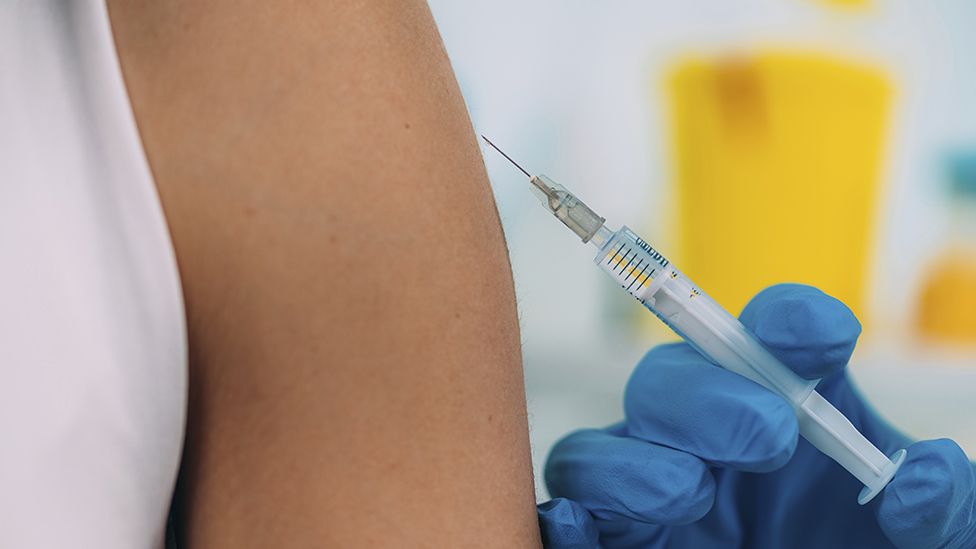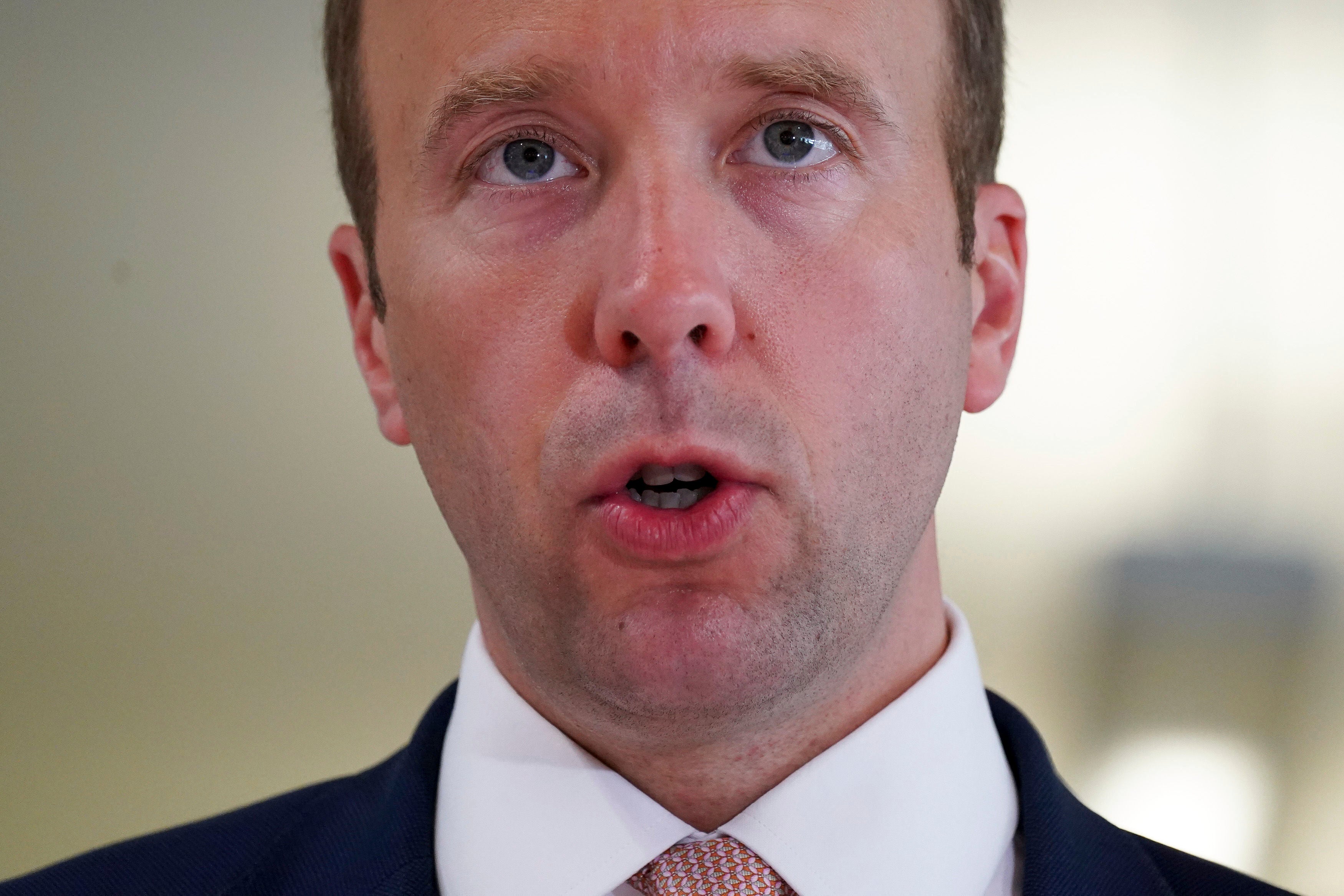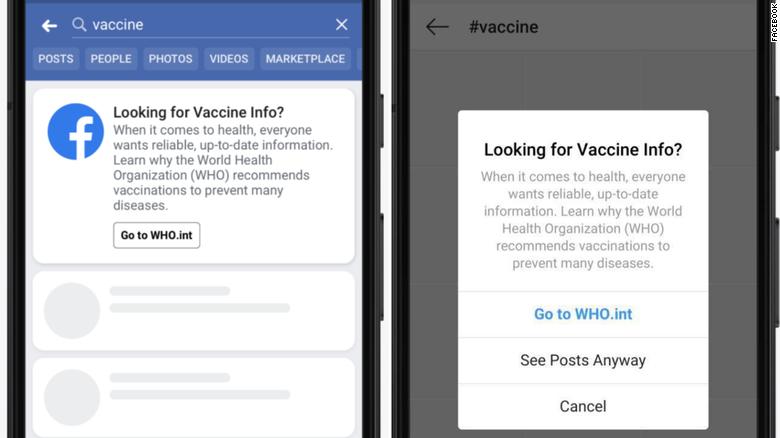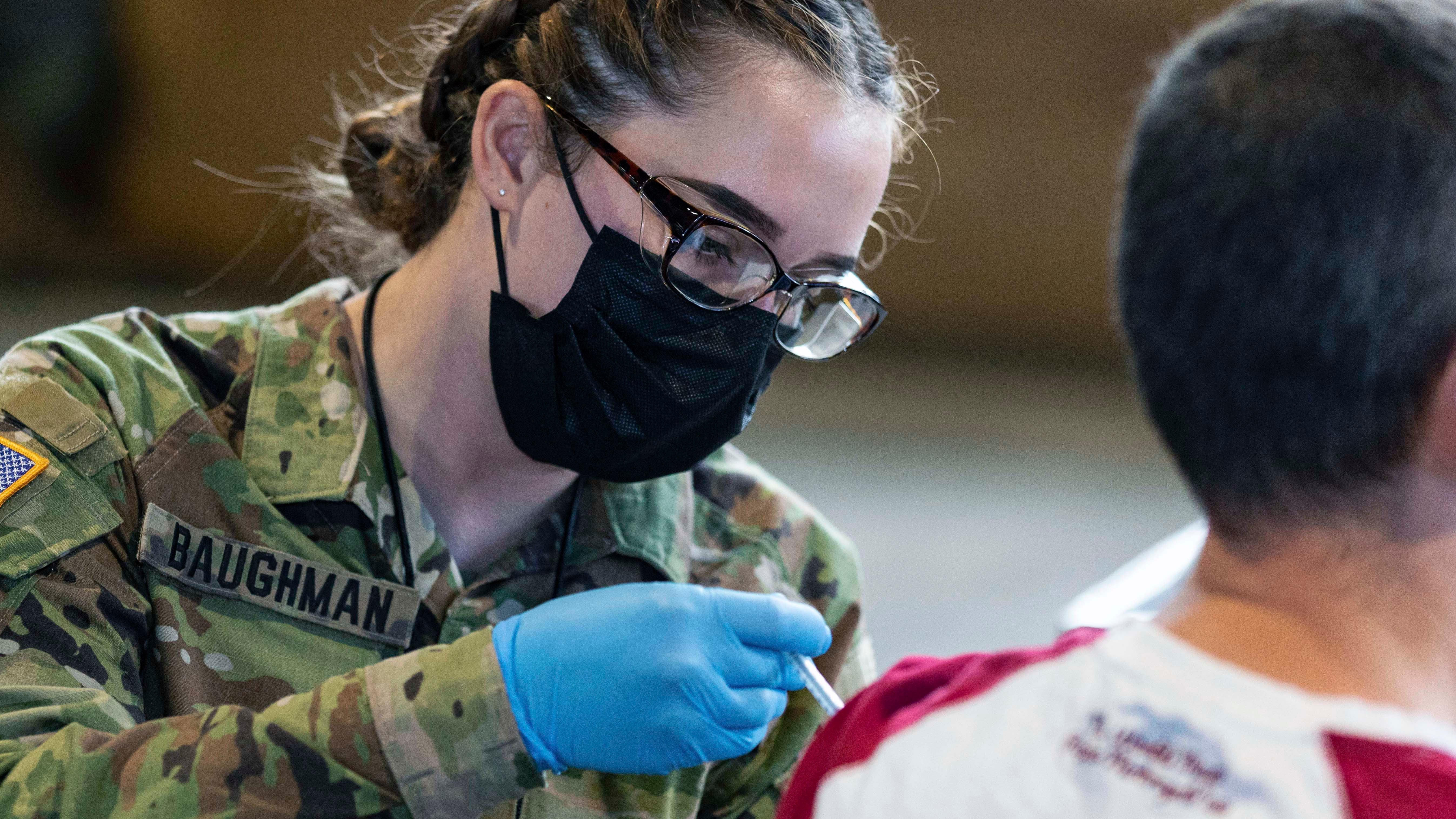


This "inoculation" helped shift and hold opinions closer to the truth - despite the follow-up exposure to 'fake news'. Researchers then added a small dose of misinformation to delivery of the climate change fact, by briefly introducing people to distortion tactics used by certain groups. When presented consecutively, the false material completely cancelled out the accurate statement in people's minds - opinions ended up back where they started.

And critically, when the time comes, we need to make vaccination itself convenient.”įellows of the Royal Society and people that we fund are contributing to the UK and global effort to tackle Coronavirus COVID-19.Social psychologists believe that a similar logic can be applied to help "inoculate" the public against misinformation, including the damaging influence of 'fake news' websites propagating myths about climate change.Ī new study compared reactions to a well-known climate change fact with those to a popular misinformation campaign. We must learn from lessons of history and move away from the one-way provision of information and instead generate an open dialogue that addresses misinformation and does not dismiss people’s real vaccine concerns and hesitancy. “There needs to be a frank conversation with the public about just how long it will take and that things will not immediately go back to normal when vaccines arrive. To achieve the estimated 80% of uptake of the vaccine required for community protection, we need a serious, well-funded and community-based public engagement strategy. “Vaccines and vaccination are two very different things. Professor Melinda Mills MBE FBA, Director of the Leverhulme Centre for Demographic Science at the University of Oxford and lead author of the report, said: The report also shows that recent levels of seasonal flu vaccinations can be low even amongst health care support staff (37%), doctors (40%) and regions such as London. According to the report, because of circulating misinformation and behavioural factors, around 36% of people in the UK say they are either uncertain (27%) or very unlikely (9%) to be vaccinated against the virus. The need for reliable and engaging information is vital.

Start an open, transparent dialogue over vaccine deployment with the general public to address uncertainties about efficacy and safety and provide clarity on the longer timescale of vaccination roll-out to build support and understanding.It makes the following policy recommendations: The rapid review focuses on behavioural aspects of deployment, suggesting government should begin to tackle these challenges immediately to ensure effective vaccine coverage. An open dialogue is critical to build public support about who has priority, address fears about safety, communicate complex information about multiple vaccines, and counter misinformation and public complacency. The author of COVID-19 vaccine deployment, Oxford Professor Melinda Mills MBE, calls for a “frank conversation” with the public to manage expectations that life will not immediately get back to normal when vaccines arrive. An 80% take up of a COVID-19 vaccine could be necessary to protect the community but, given the scale and complexity of the task, vaccines will not be a silver bullet, according to a report published today by the British Academy and the Royal Society for the SET-C (Science in Emergencies Tasking: COVID-19) group.


 0 kommentar(er)
0 kommentar(er)
